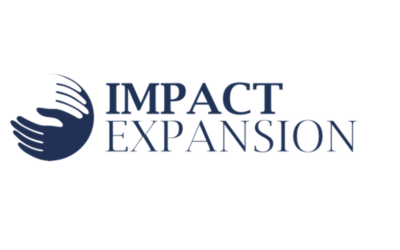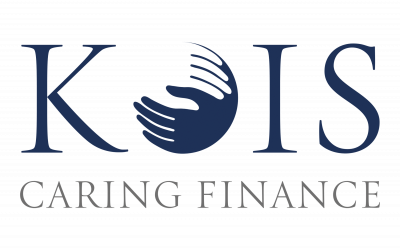Financing sustainable land use: Unlocking business opportunities in sustainable land use with blended finance
Project details
Growing demand for food and energy is putting increasing pressure on land, threatening our planet’s natural resources. There is an urgent need to shift towards more sustainable practices when it comes to agriculture, forestry and land use in general. In 2017, the Blended Finance Taskforce commissioned KOIS to develop a study on financing sustainable land use (SLU). KOIS also demonstrated the essential role of blended finance in this shift.Sustainable Land Use can relieve pressure on our planet’s resources
Sustainable Land Use (SLU) protects the climate by reducing carbon emissions and preserving nature’s vital carbon sinks. It averts or mitigates deforestation, degradation and carbon-intensive agriculture. All the while, SLU provides safeguards for meeting increasing human needs for food and fibre, as well as a habitat for biodiversity. Such practices have been studied before and are rising in importance.
In fact, agriculture, forestry and other land use (AFOLU) sectors still remain major contributors of Greenhouse Gas (GHG) emissions.
Worldwide, growing demand for food and energy is putting increasing pressure on land. This greatly threatens our planet’s natural resources. Studies show that inaction could generate tremendous economic and social costs. It would lead to reduced food security and increased rate of climate-change-related natural disasters and damages. In this context, we need to find new ways of financing sustainable land use, to bring about the needed change.
Financing Sustainable Land Use with blended finance to help our systems make the shift
There is an urgent need to shift towards “natural climate solutions” and sustainable land use practices. Particularly in forest conservation and sustainable agriculture activities, which have great carbon mitigation potential. For instance, halving deforestation rates by 2030 would enable to reduce GHG emissions by 1.5 to 2.7 gigatons CO2. This would avoid more than $3.7 trillion in damages from climate change. To tackle this issue, attracting private capital at scale is key.
In 2017, commissioned by the Blended Finance Taskforce, KOIS conducted an in-depth study on SLU with two aims. First, to highlight SLU investment opportunities for the private sector. Secondly, to demonstrate the essential role of blended finance instruments in unlocking these opportunities.
The working paper was released in January 2018 and outlines a spectrum of SLU investment opportunities. It includes options both for private and public investment. Furthermore, they hold attractive risk-adjusted returns, from quick wins to medium and long-term opportunities. All opportunities are put forward with specific needs in terms of blended finance.
For sustainable land use to reach scale and deploy its full mitigation potential, private sector investors need to adopt higher risk and more patient investment profiles. These are inherent to the sector. In return, they will be able to capture significant value from long-term growth enabled by catalytic blended finance tools from public and philanthropic funds.
Discover our other projects
Impact Expansion: investing to tackle social exclusion, healthcare challenges and climate change in Europe
Impact Expansion was founded in 2022 through a covenant of partners from KOIS and Milestone. On the strength of their expertise in impact investing with a strong buy-and-build track record, the fund invests in companies during their growth stage in 3 focus sectors: Healthcare, Education & Employment, and Environment.
Club deals: since its inception, KOIS has initiated and managed a number of impactful club deals
KOIS and Quadria capital co-founded HealthQuad in 2016. Since then,
HealthQuad has become India’s leading Healthcare Focused Venture Capital Fund. The fund typically invests in early stage companies with a high disruption potential in the healthcare industry. HealthQuad aims to contribute to improving affordability, accessibility and quality of healthcare services in India while generating attractive returns for investors.
Multi-country Social Outcomes Contracting to tackle unemployment in Europe
European Union Member States have been confronted with the challenge of unemployment for several decades with relatively similar characteristics. Seeking innovative approaches to tackle this common issue, KOIS has supported the European Investment Advisory Hub (EIAH), in testing the preliminary feasibility of a Pan-European Social Outcomes Contracting (SOC) scheme. In this study, we explore the potential benefits and hurdles of a multi country Social Outcomes Contracting in three pilot countries, France, Belgium and the Netherlands.




